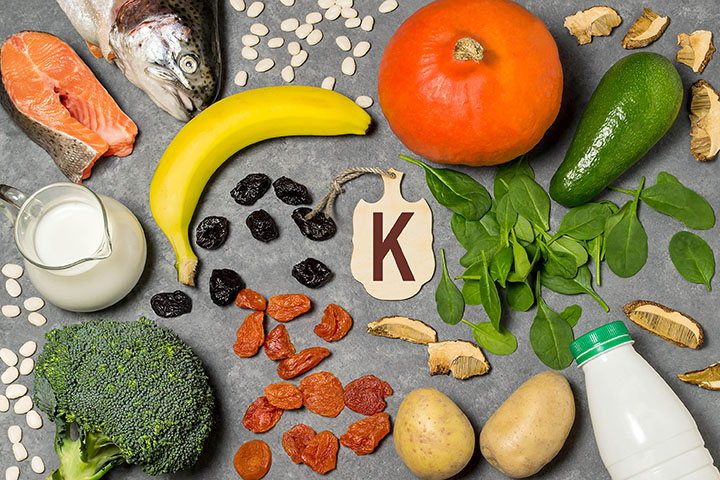
potassium
Definition
Potassium is a chemical element with the symbol K and atomic number 19. It is a soft, silvery-white metal that is highly reactive. Potassium is the most abundant element in the Earth's crust, and it is the seventh most abundant element in the human body.
Potassium is an essential mineral for life. It helps to regulate heart rate, blood pressure, and muscle function. Potassium is also important for nerve function and fluid balance.
Potassium is found in many foods, including bananas, potatoes, and tomatoes. It is also added to some foods, such as salt substitutes.
Potassium deficiency can lead to a number of health problems, including muscle cramps, fatigue, and confusion. In severe cases, low potassium levels can lead to heart arrhythmias and even death.
How can the word be used?
Potassium is used in fertilizers and batteries.

Different forms of the word
Noun: a soft, silvery-white, highly reactive metal, the lightest of the alkali metals.
Adjective: relating to potassium.
Etymology
The word "potassium" comes from the Medieval Latin word "potassa", which is derived from the Arabic word "qalyah". The Arabic word "qalyah" refers to wood ash, which was the original source of potassium.
The first recorded use of the word "potassium" in English was in 1708.
Question
Where can potassium be found?
AQA Science Exam Question and Answer
Question:
Explain the significance of potassium in the human body and its role in maintaining health. Discuss the sources of dietary potassium and describe its importance for various bodily functions.
Answer:
Potassium is an essential mineral with a vital role in maintaining the health of the human body. It is an electrolyte, which means it helps conduct electrical signals within cells and assists in various physiological functions.
Potassium is crucial for maintaining proper fluid balance, nerve function, and muscle contractions, including those of the heart. It helps regulate blood pressure, support proper kidney function, and ensure the transmission of nerve impulses.
Dietary sources rich in potassium include fruits (like bananas, oranges, and avocados), vegetables (such as spinach, potatoes, and tomatoes), and legumes (like beans and lentils). Dairy products, lean meats, and whole grains also contribute to potassium intake.
A balanced intake of potassium is essential to support these vital functions. An inadequate potassium intake can lead to muscle weakness, irregular heartbeat, and even more severe conditions like hypokalemia, which is characterised by low levels of potassium in the blood.